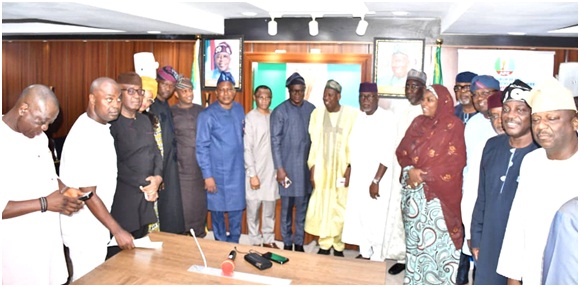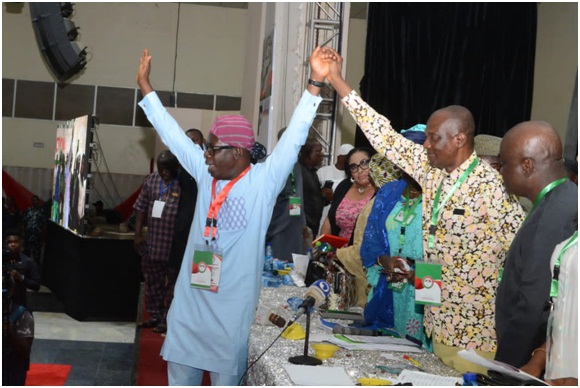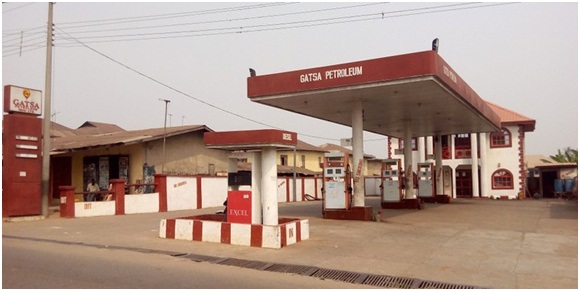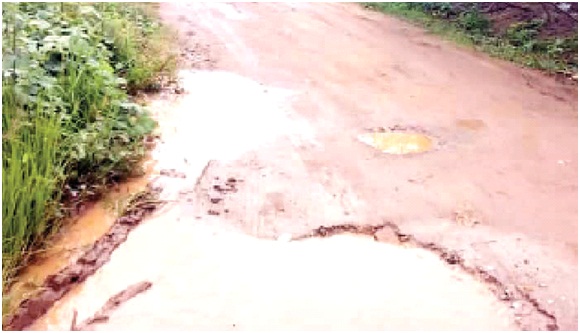Removal of Oil Subsidy
Removal of Oil Subsidy
THE Federal Government spent about N1.2 trillion as subsidies on petrol consumption between 2015 and 2018.
This is according to a report by Price Water House Coppers, a global network of firms delivering world-class assurance, tax, and consulting services.
ACCORDING to the report, the highlighted subsidy expenditures within the reviewed period represent 17% of the country’s current foreign reserves and 26% of the 2019 federal budget.
A recent research by BudgIT, a public finance focused Non-Governmental Organisation, NGO, said the country may have spent about N10 trillion in the provision of pump price subsidy on imported petroleum products from 2006 to 2018.
ACCORDING to Stakeholder Democracy Network’s (SDN’s) independent analysis based on average domestic fuel consumption, subsidies claimed by fuel marketers cost Nigeria $2.9bn last year, a 400% increase since 2007, and a sum equivalent to 13% of the Federal budget passed in April 2015.
THE HOPE notes that these are astronomical figures, especially when the issue of petroleum price subsidy has been contentious over the years.
THE Nigerian government subsidises petrol – paying the difference between the cost to produce and the cost charged to customers – in order to make it more affordable.
ACCORDING to government officials, it still pays the bill to insulate Nigerians from the full cost of petrol prices, and promises to continue the tradition.
THE fuel subsidy is calculated as the difference between the Expected Open Market Price (EOMP) and the retail price at the pump.
EOMP is seen as the sum of landing costs (primarily cost of imported product & freight costs) plus distributor margins.
THE two main drivers of these costs are global oil prices and the exchange rate, as the pricing template is denominated in naira, with actual costs of product and freight often financed in dollars.
NIGERIA was said to have lost trillions of naira to bogus oil importers during the Jonathan years, with some of the importers collecting subsidy payments without importing a litre of fuel.
PRESIDENT Muhammadu Buhari rode into office in 2015 on the back of promises to end the corruption associated with it and run the oil industry more efficiently .
THOUGH it’s dangerous to listen to advice from the International Monetary Fund, but its ideas seem to tally with those of many Nigerians, when it said earlier in the month that the nation has to reduce fuel subsidy at a time when oil prices are low.
Some analysts such as the Emir of Kano, Mallam Muhammad Sanusi II, had warned that Nigeria was on the verge of bankruptcy due to fuel subsidy, especially as debt servicing continued to eat into government revenue.
SANUSI, a former governor of the Central Bank of Nigeria, said “In 2011, when I was CBN governor, Nigeria made $16bn from petroleum sales, and we spent $8bn importing petroleum and spent another $8.2bn subsidising the product…and I asked, ‘Is this sustainable?”
THE HOPE feels the subsidies federal government pays are not necessarily on fuel consumption but to service some vested interests.
WE think the federal government should do away with the idea of subsidy, as there’s no subsidy to be paid in the first instance, basing our arguments on the corrupt and the opaque treatment of the issue.
THE HOPE remembers that when the present government came on board in 2015, it promised to deal with the oil sector by removing petroleum subsidy, claiming that it is a fertile land for corruption, as the rich and non-Nigerians were being subsidized.
WE still stand on this argument, as we believe that subsidies are official means of corruption, particularly when the federal government does not know how much it spends to subsidise on a weekly or yearly basis.
THE issue of subsidy becomes painful when it’s realized that the fear of subsidy removal always jacks up prices, creating suffering among millions of hapless Nigerians.
WE believe the issue can be tackled by holding the President on his initial promise to do away with petroleum subsidy.
WE feel that if the federal government resuscitates our refineries, or privatizes refineries, we won’t have any need for fuel subsidy.
WE suggest that this is the path government should take so that trillions of naira are no longer wasted on bogus and corrupt speculators in the oil sector, and to prevent the sufferings of millions of vulnerable Nigerians.










